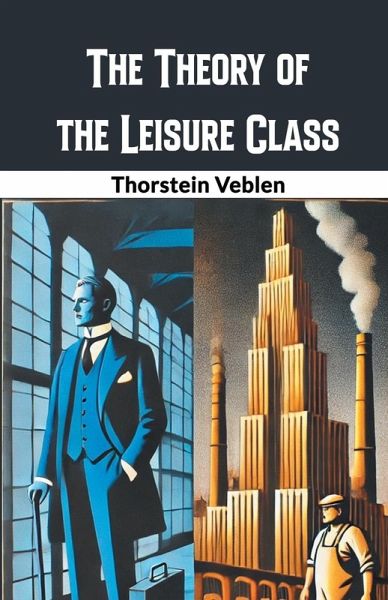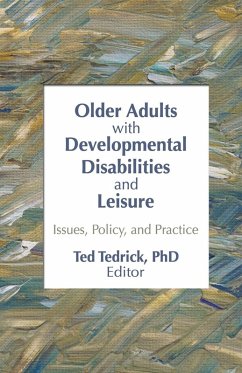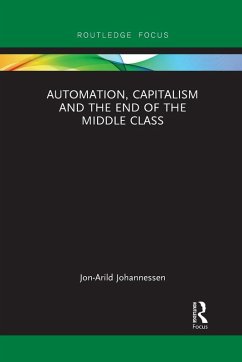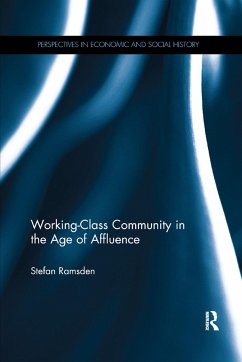
The Theory of the Leisure Class
Versandkostenfrei!
Versandfertig in 1-2 Wochen
16,99 €
inkl. MwSt.

PAYBACK Punkte
8 °P sammeln!
"The Theory of the Leisure Class: An Economic Study of Institutions" (1899) by Thorstein Veblen is a groundbreaking work in economics and sociology, critically examining the economic behavior of the upper class and its relationship to social class and consumerism. Veblen introduces the concept of "conspicuous consumption," wherein the wealthy engage in extravagant spending to display their social status rather than for practical use. The book explores how the division of labor and the stratification of society give rise to a leisure class, which, unlike the working class, does not participate ...
"The Theory of the Leisure Class: An Economic Study of Institutions" (1899) by Thorstein Veblen is a groundbreaking work in economics and sociology, critically examining the economic behavior of the upper class and its relationship to social class and consumerism. Veblen introduces the concept of "conspicuous consumption," wherein the wealthy engage in extravagant spending to display their social status rather than for practical use. The book explores how the division of labor and the stratification of society give rise to a leisure class, which, unlike the working class, does not participate in productive labor but lives off the work of others. Veblen critiques the social institutions inherited from the feudal period, including marriage, education, and religion, which continue to perpetuate inequalities in modern society. The leisure class's pursuit of wealth and status through consumption leads to wastefulness and inefficiency, which Veblen argues are detrimental to social progress. Through this critical examination of the economic activities and social institutions that sustain inequality, Veblen highlights the flaws of capitalist society and calls attention to the need for a more equitable system.












